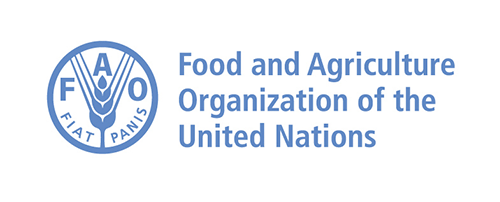The FAO Legal Office provides in-house counsel in accordance with the Basic Texts of the Organization, gives legal advisory services to FAO members, assists in the formulation of treaties on food and agriculture, for which the Director-General acts as Depositary, publishes legal studies and maintains a database (FAOLEX) of national legislation and international agreements concerning food and agriculture (including fisheries, forestry and water).
Members:
Resources
Displaying 1731 - 1735 of 15550Regulations in relation to Acquisition of Agricultural Land by Foreign Nationals.
These Regulations, made under section 77 of the Agricultural (Commercial) Land Reform Act, establish the form application for the consent of the Minister of Lands, Resettlement and Rehabilitation in terms of section 58 of the Agricultural (Commercial) Land Reform Act, 1995 (consent to Acquire Agricultural Land or to enter into an Agreement for Occupation or Possession of Agricultural Land by Foreign National).
Implements: Agricultural (Commercial) Land Reform Act, 1995. (2014-03-17)
Regulations of the People's Republic of China on the Protection of Survey Markers.
The Regulations are formulated in accordance with the Surveying and Mapping Law of the People's Republic of China, for the purpose of strengthening the protection and management of surveying markers. The Regulations consists of 26 Articles.These Regulations shall be applicable to the surveying markers placed in the territorial air, land and waters of the People's Republic of China, as well as other sea areas under the jurisdiction of the People's Republic of China (art.2).
Section 31-the lands (customary tenure) (conversion) regulations, 1996
Section 31-the lands (customary tenure) (conversion) regulations, Zambia
1996
Land development fund regulation_1996
Land development fund regulation, Zambia
1996
Loi nº 96-12 portant loi-cadre relative à la gestion de l'environnement.
Cette loi fixe le cadre juridique général et les principes fondamentaux de la gestion de l'environnement au Cameroun. Les principes fondamentaux sont ceux de prévention, de précaution, le principe pollueur-payeur et celui de responsabilité, le principe de participation et celui de subsidiarité des normes coutumières en absence d'une règle de droit écrit. Les ressources naturelles et d'une manière générale l'environnement font partie du patrimoine commun de la Nation.



